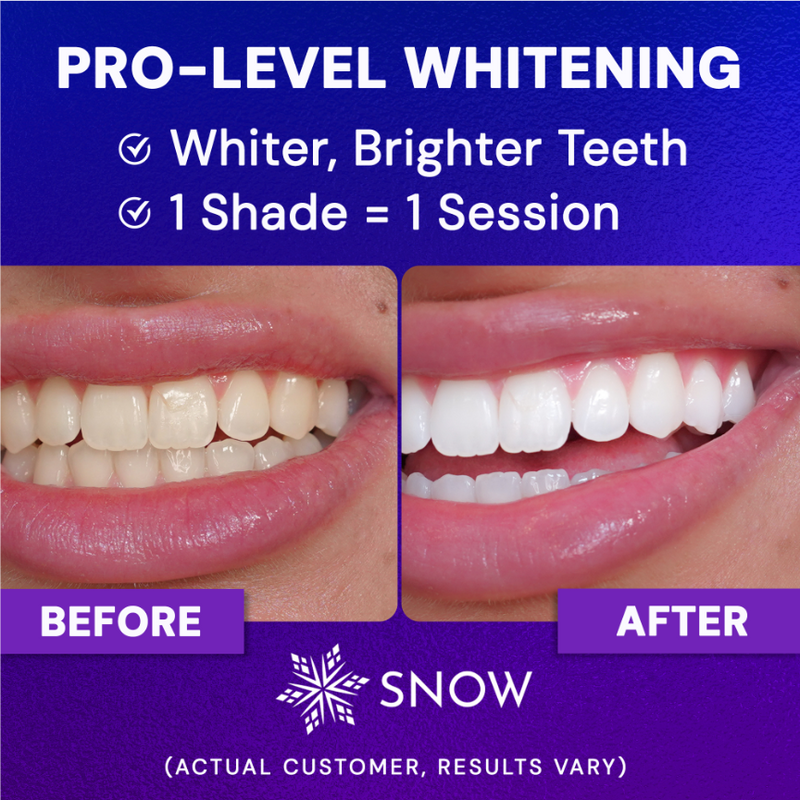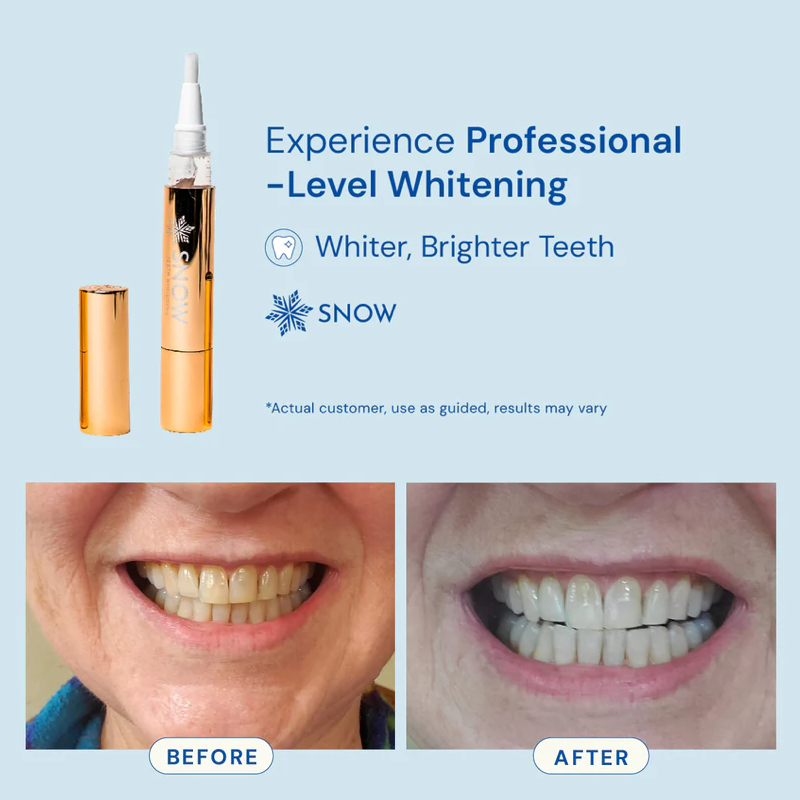
The 3 Tricks - Getting Started
1. Let Them Pick Out Their Toothbrush and Paste

Have you ever gone to the store and found a new product that you are just dying to try? Well, your children are the same way. When they get a new toy or item, they can't wait to test it out. Take advantage of this fact when it comes to toothbrushing.
Let your child pick out their own toothbrush and toothpaste. This gets them excited to brush their teeth and include them in the process. If you want to go the extra mile, you can even take the time to explain the different bristle heads and paste flavors with them.
Don't just let them pick out their toothbrush and toothpaste once, though. Everyone is supposed to get a new toothbrush every three to four months. Whenever your child's toothbrush gets frayed, take them to the store and let them pick out a new one. The same goes for when their toothpaste runs out.
Make it a huge event when you go to pick out a toothbrush and toothpaste for your child. This will get them so excited to brush their teeth that they will basically be dying to come home and get to brushing.
2. Turn It Into A Group Event
Monkey see, monkey do, right? You are your child's biggest role model. Even when they claim they hate you, your children want nothing more than to be like you now and when they grow up. You can motivate your children to brush their teeth by brushing your teeth alongside them. Better yet, make it an entire family event.
Involve your spouse, partner, and other children when teaching a young one to brush their teeth. This will get them excited to brush their teeth, and they will see that is what grownups do.
For many adults, it can be easy to have a group toothbrushing session once or twice. To get the best results, make it an every night thing. Yes, it may be a little annoying to gather the entire family together simply to brush their teeth; it is a great way to motivate your children to do so. Not to mention, it is a great way for the family to bond. It’s not as silly as it sounds!
As you are brushing your teeth alongside your children, make it a point also to teach them how to brush their teeth. Although brushing your teeth incorrectly is better than not brushing them at all, there is a correct way to do so.
You should teach your child to brush their teeth by holding the toothbrush at a 45-degree angle to the gum line. At that angle, help them move their hand in small circular motions to really get into the teeth, gum line, and crevices.
In addition to brushing the front of the teeth, show your child how to brush the inside of the teeth and flat surface for chewing. Although the inside of the teeth is less susceptible to stains and cavities, they still need to be taken care of. Help your child reach all of the hard to reach places in their mouth.
3. Set Up A Reward System

Finally, the last way that you can motivate your children to brush their teeth is to set up a reward system of some kind. This reward system shows them that there is a positive outcome and consequence of brushing their teeth. On the flip side, there is a negative consequence if they fail to do so.
Exactly what the reward system is will depend on your child. Some children may be motivated by sweets, while others may be motivated by toys. It doesn't matter what the reward is as long as they view it as a lofty enough reward for enduring the task of brushing their teeth.
I recommend creating somewhat of a Gold Star system. Every single time your child brushes their teeth, they can get a Gold Star on a chart that is either hanging in the bathroom, in the kitchen, or in your bedroom. After your child gets up to 10 or so stars, you can treat them to some kind of a reward like a trip to the Dollar Tree for a cheap present.
The caveat to the reward system is that your child can not get rewarded if they don't brush their teeth or don't have enough stars. Do not give in, no matter how hard they beg.
Additionally, have punishments in place if they lie about brushing their teeth. I have found it beneficial to take away a star if the child lies about how they brush their teeth. Not only does this ensure that your child is doing what they're saying, but it also teaches them the importance of honesty, hence killing two birds with one stone.
Things to Avoid

1. Making It A Punishment
The worst thing you can do when trying to motivate your kids to brush their teeth is to make it some kind of punishment. Even if you unconsciously make brushing their teeth a punishment, your children will associate teeth brushing with negativity.
So, do not make them brush their teeth if they do something wrong. I don't know many parents who do this, but I have stumbled upon a few. Never use teeth brushing as a punishment for wrongdoing.
Similarly, don't complain about brushing your teeth yourself. As I said before, monkey see, monkey do. If you complained about brushing your teeth and refused to do it, then your children are likely to do the same.
2. Not Showing Them How To Brush Properly
Even if you motivate your child to brush their teeth, brushing their teeth will not be very effective if you don't show them how to brush their teeth properly.
If you are already taking the time to motivate them to brush their teeth, go the extra step to show them how to do it right. Showing your children how to brush their teeth the right way will ensure that they create life long healthy oral habits.
Don't be afraid to correct them if you see a mistake either (although do it nicely). Your children want to learn from you. Do your best to show them how to brush their teeth so that they can have no cavities.
3. Threatening Them
One of the most common ways parents motivate their children to brush their teeth is by threatening them. Although there is nothing wrong with a good healthy dose of realistic consequences, you shouldn't be threatening your children too much.
For example, do not use the threat that they will lose their teeth or have to get a shot from the dentist. Using the dentist as a threat can come back to bite you when it is time for their regular checkup. Your child may be afraid of the dentist and throw a temper tantrum for a simple cleaning.
Of course, there is absolutely nothing wrong with telling them the reality of not brushing their teeth. Showing your children what can happen if they neglect their oral health is simply a teaching technique and does not really count as threatening them. However, only show pictures as a teaching technique, not a punishment or scare tactic.
Why You Should Take The Time To Motivate Your Children To Brush Their Teeth
1. Prevent Cavities
Everyone knows that children have baby teeth that eventually fall out, leaving space for adult teeth to grow in. People don't realize those baby teeth are different from adult teeth in ways other than size.
Most notably, children's teeth are more susceptible to cavities and other issues. They aren't as strong and protected as adult teeth. So, your child is more likely to get cavities than you are, especially if they don't brush their teeth.
This fact is exacerbated since children are more likely to eat sweets, candies, and other foods not great for oral health. Together, these facts mean that children are more likely to have tooth decay.
By motivating your child to brush their teeth, however, you can help them prevent cavities. This helps your child's oral health, but it will also save you money down the line whenever your child goes for their regular cleaning.
2. Develop Healthy Lifelong Habits
Many habits that we have as adults started during childhood. For better or for worse, childhood habits often live into adulthood. Help your children develop healthy lifelong habits concerning their oral health by motivating them to brush their teeth twice a day.
Even though your child may fuss and groan about brushing their teeth in the present, they will be so thankful for you down the line whenever their teeth are much whiter, prettier, and healthier than other people's.
3. Stay Healthy
A lot of people don't realize that the mouth is somewhat like the portal to the rest of the body. Countless studies are starting to come out to show the connection between oral health and overall health.
Today, researchers are finding a connection between poor oral health and diseases like heart disease, stroke, and premature birth.
By helping your child develop lifelong habits for taking care of their teeth, you are also helping them and their health in other ways. Even though the connection between oral health and general health is still largely misunderstood, almost all researchers believe that taking care of your mouth is a great way to take care of your body.
What About Teeth Whitening?

Generally speaking, you should not whiten your children's teeth until they have adult teeth. Even though whitening products are not dangerous to adult teeth, they are often too powerful for baby teeth. This often leads to pain and gum sensitivity, causing many children to experience discomfort and fear of the dentist.
Once your child loses all their baby teeth, you can begin to talk about teeth whitening if they want it. It is best to talk about healthy teeth whitening and effective techniques so that your child has the information they need to have the healthiest and best smile possible.
The best teeth whitening technique is a professional tooth whitening or teeth bleaching session at a dentist's office. Many teenagers, however, do not have badly stained teeth to require this extreme of a response. However, you can search for "teeth whitening near me" if your child does have severely yellowed teeth.
For most older children, look for a whitening toothpaste with carbamide peroxide. This whitening toothpaste will help your child's teeth stay white, but it won't cost you a lot of money, nor will it be too severe on your pocketbook or your child's teeth.
Final Thoughts
Even though oral health is so important, it can be next to impossible to get your child to brush their teeth. Nevertheless, you should try your best to motivate them to brush their teeth twice a day.
By letting them pick out their own toothbrush, turning tooth brushing into a family event, and creating a reward system, you can more easily motivate your child to brush their teeth. With these motivators in place, you're helping your child not only to prevent cavities in the present but have a beautiful smile and healthy body in the future as well.






































































